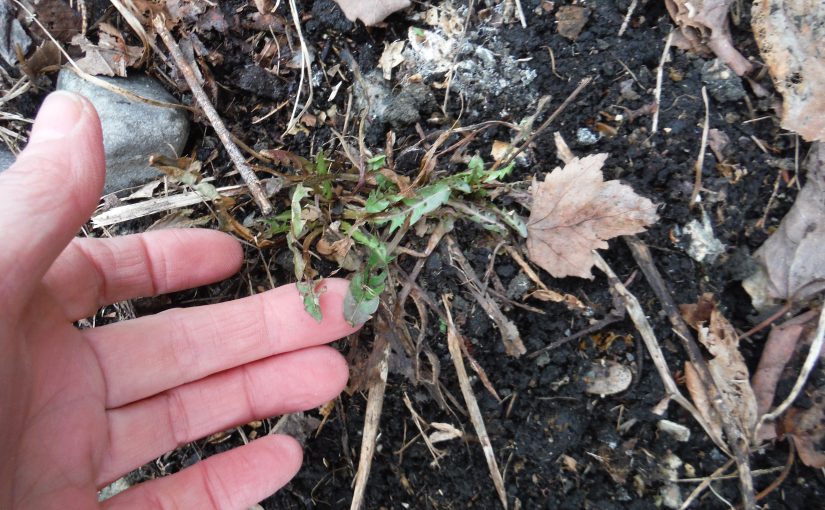Tag: plant medicine
-

First Signs of Spring – Young Edible Herbs to Forage
It’s early April and there’s a little snow left here and there, the woodstove is still going, a lot of the birds are back. And hiding under leaves and in the long meadow grass you can already find some young wild greens, just waiting for the sun to come out again. This is the perfect…